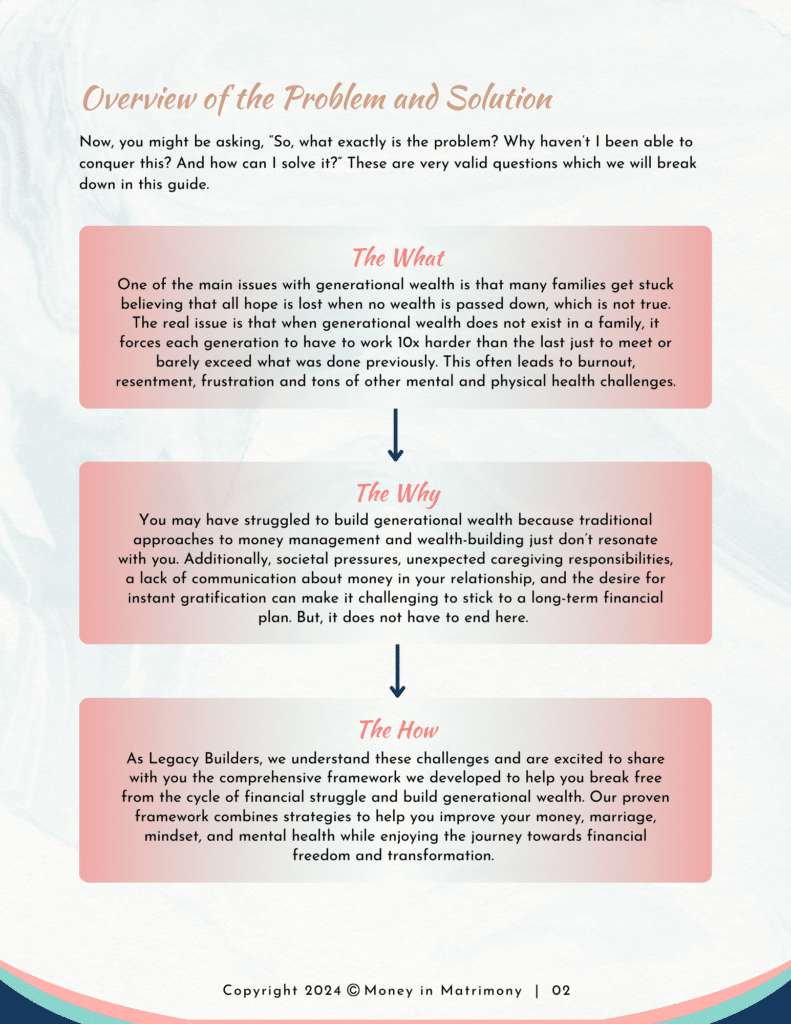Buying a House in 6-12 Months: Debt-Management Essentials for Couples
This post may contain affiliate links which means that I will receive a small commission for purchases made through those links, at no cost to you.
Guest Post by Kristin Louis

Purchasing a home together with your partner is a major commitment. If you are buying a house in 6-12 months, then debt management is essential for couples. You need to be or get on the same page with everything, from the financials to the homeownership (equity) share and everything in between. When you’re planning to apply for a mortgage jointly, it can take months or even an entire year to get all your ducks in a row – especially when your credit score isn’t where it should be.
To help you get there, in this mini-guide, we are going to offer actionable steps to show couples how they should go about managing their debt and building up their credit scores before purchasing a home in 6-12 months:
The 5 essentials to buying a home
There are 5 critical financial requirements you need to be clear about when it comes to homeownership:
1. Down payment
The down payment is a percentage of the house price you’re required to pay out of your own pocket. The rest will be paid by the lender (assuming you qualify for the mortgage). The exact amount depends on the lender, the price of the property, and your unique financial situation. For instance, you can expect to pay 3.5 percent of the purchase price for an FHA loan. According to U.S. News, the median is 12 percent.
2. Mortgage
There are three main home loan categories, reports The Plunge – VA (for veterans), FHA (backed by the government), and private (conventional loans from lenders like banks). If you choose the last type, you can expect 30-year fixed, 15-year fixed, or adjustable rates (ARMs). You can expect to pay a 20 percent down payment on a 30-year fixed loan, typically.
3. Closing costs
The closing costs refer to the money you pay before signing the mortgage, right before purchasing the home. This can include application fees, escrow, survey fees, title insurance charges, professional services, and more. Typically, this is 2 to 5 percent of the home’s purchase price.
4. Documentation
You will need documentation to secure the loan as well as the purchase of the house. Some examples are pay stubs, your tax returns, W2s, bank statements, employment verifications, and more. You will need to furnish these documents in advance during the mortgage pre-approval stage.
5. Miscellaneous expenses
There will be miscellaneous expenses and fees that the mortgage does not typically cover. Some examples are furniture, renovations, moving expenses, maintenance, and professional fees. It’s a good idea to create an emergency fund to cover these expenses.
Consider the joint legal stuff
Purchasing a house together means you have to consider the legal aspects – including what happens in the case of death or divorce. This includes the ownership interests, right of survivorship, co-ownership agreement, ongoing expenses, financial obligations, and more. When in doubt, always consult with a lawyer.
Lenders evaluate your mortgage suitability using the five C’s of credit
Lenders unofficially use the five C’s of credit to gauge your worthiness for a loan.
- Character: Lenders will check your character, from a financial perspective, to see if they can trust that you will pay them back.
- Capital: Capital refers to your assets. This will be the money you have in investments, your car, home, and more.
- Conditions: This refers to external factors like market conditions, investing environment, and more.
- Collateral: Certain types of loans (secured loans) require collateral you can offer up as a guarantee – such as a car.
- Capacity: Your capacity refers to your income, employment history, and general credit history.

Assess your debt
Your existing debt will impact your mortgage. Lenders will look at your debt-to-income ratio to check whether you can handle extra mortgage payments (on top of any payments you currently make). Ideally, your debt – which includes your mortgage – should not exceed 36 percent of your gross monthly income. You can use a debt-to-income calculator to figure out your DTI.
Keep in mind that not all debt is equal. As Debt.org can tell you, bad debt is debt that doesn’t add to your net worth. Good debt, on the other hand, does. For instance, student loans and small business loans are good forms of debt to have as they will positively affect your net worth. Bad debt examples are credit cards and car loans. Needless to say, lenders prefer good debt over bad one.
Build up your credit score and reduce debt
Depending on DTI, you may or may not need to build up your credit score and reduce your existing debt. Here are some best practices to follow for the months leading up to the purchase:
- Savings or checking account: You should maintain a savings or checking account with a balance that doesn’t get too low. Don’t write checks for amounts you can’t cover.
- Low-balance credit card: A low-balance credit card is a good way to show you can borrow money and pay it back. Make small purchases and then settle your dues.
- Pay off debt: Showing that you have been consistently making debt payments will work in your favor. Paying credit card debt, for example, raises your credit score automatically.
- Avoid new debts: Taking a new major debt before applying for a mortgage is a major red flag. Lenders will shy away from you if you do so.
- Troubleshoot errors: Credit errors and miscalculations are, unfortunately, common. Dispute any errors that show up in your credit report.
- Avoid major purchases: Large purchases for items you don’t need may be seen as financially irresponsible behavior.
Professionals can help you to manage your debt
You can consult with debt management professionals such as a Money Coach, Financial Therapist, or Daily Money Manager if one or both of you are overwhelmed by debt. They may help you to come up with not only a short-term debt management plan, but a long-term plan to help you manage your money and your debt overall. This may be a better option when compared to debt consolidation, which rolls up several debts into one large monthly payment. If you have massive debt, you will need to find ways to reduce it before applying for a mortgage.
Can’t cover the down payment? You could apply for financial assistance
You may find yourself being unable to cover the down payment for the house. There are three down payment assistance programs you could apply to that may help: tax credits, loans, and grants. The factors that will determine your eligibility for assistance from these programs are your income, career, location, and the type of home you’re purchasing.
Could you purchase the home as a business owner? It’s possible
Instead of purchasing a home together as a couple, you could do it through your small business. This may allow you to sidestep some of the legal considerations we mentioned earlier – but open you up to others. You still need a good income and, preferably, business ownership for a couple of years. Limited Liability Companies (LLCs) have extra tax advantages and limited financial liability, so it’s a good idea to look into forming one. States have their own regulations around LLC formation. Be sure to check the rules in your state before moving forward.

Conclusion
Home-buying can take a long time – months, 6 months, or even a full year. This is on top of you preparing your credit score. For the best results, it’s a good idea to plan with your partner. Make a list of the steps you need to take and tick things off to ensure you both remain on the same page moving forward.
About the Author
Kristin Louis is a former advertising copywriter and has two rambunctious boys, 10 and 7 years of age. She created ParentingwithKris.com to share her experiences about the trials and tribulations of parenting.








